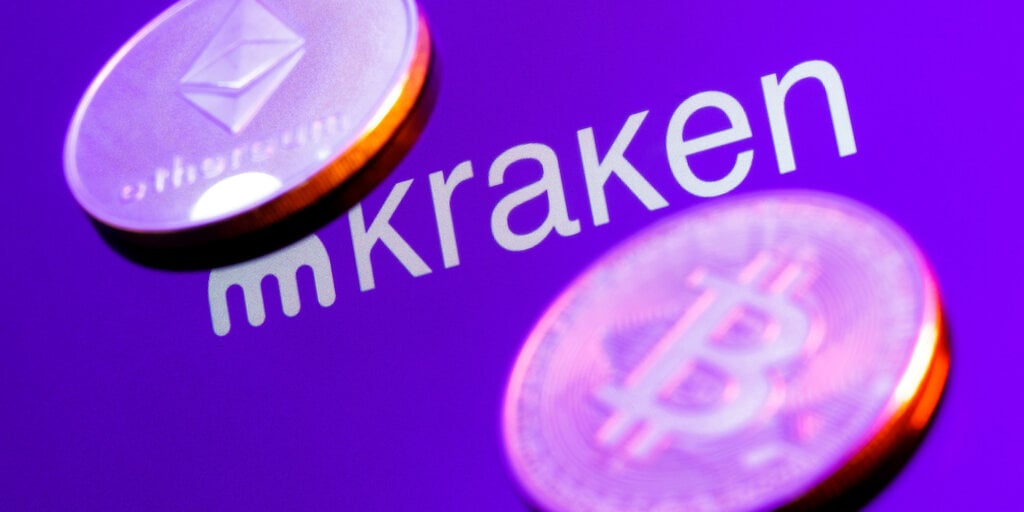Privacy coin Monero has fallen, dropping nearly 7% in the past 24 hours after Kraken announced its European delisting.
Kraken, one of the world's oldest crypto exchanges, has notified users that it will delist Monero for customers in the European Economic Area (EEA) due to regulatory changes.
All Monero market trading and deposits for EEA customers will be suspended on October 31st, and any outstanding orders will be automatically closed. The withdrawal deadline for Monero is December 31st, and any balance after this date will be converted to Bitcoin (BTC) at the market rate.
Kraken explained that the exchange “concluded that due to regulatory changes, we have no choice but to delist Monero (XMR) in the European Economic Area (EEA).” “We did not take this decision lightly,” the statement added.


This development follows Binance's announcement in February to delist Monero (XMR) and its final decision later that month. The announcement comes in the wake of growing pressure for privacy-focused cryptocurrency solutions. In fact, reports were already circulating in early January that privacy coins such as Monero, Zcash (ZEC), and Horizen (ZEN) were at risk of delisting.
Another incident that has garnered the attention and ire of privacy activists is the legal ramifications facing the developers of decentralized cryptocurrency mixer Tornado Cash. Mixers differ from privacy coins because they anonymize assets in public transactions such as Bitcoin. Instead, using a privacy coin like Monero ensures that no third party can check the details of your transactions in the first place, eliminating the need for a mixer in the first place.
Still, trustless decentralized mixers and privacy coins have in common that they are permissionless systems that are outside the control of their creators and are not monitored by anyone, including governments. Despite this lack of control, Tornado Cash developer Alexei Pertsev was found guilty of money laundering by a Dutch court and sentenced to five years and four months in prison.
Authorities are concerned that developers have programmed and deployed smart contract-based privacy solutions on the Ethereum (ETH) blockchain over which they have no control. In fact, even though the U.S. Office of Foreign Assets Control sanctioned Tornado Cash in 2022, Tornado Cash is still operating and received more than $1.9 billion in the first six months of 2024.
Many see the ongoing lawsuit as a precedent for indicting developers of privacy software for criminal abuses that could not be prevented without compromising the system's security and privacy features. One that could have far-reaching implications beyond the cryptocurrency industry.
Edited by Stacey Elliott.
daily report meeting Newsletter
Start each day with the current top news stories, plus original features, podcasts, videos, and more.

